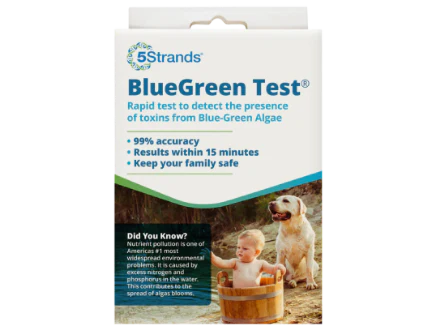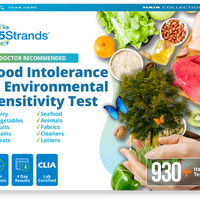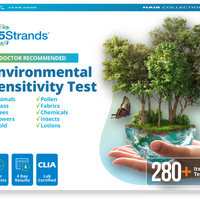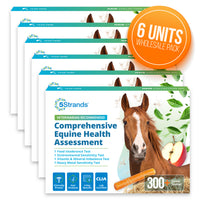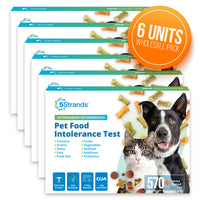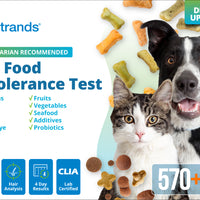When it comes to the diet of a dog there are many different options to choose from. The option best fit for your specific pup is dependent on many factors such as breed, age, weight, allergies, etc. Whether that is a Raw diet or a Home-Cooked diet, it is important to explore the options given to ensure that your furry friend gets the maximum nutrition and has a healthy life. Each diet has its pros and cons in the ways that it benefits your dog. While reading this article it is important to remember that no two dogs are the same, and a diet that might work for one may not work for the other. Before changing your pups diet, talk to your veterinarian to ensure the well-being of your furry friend.
Commercial Dry Food (Kibble)
One of the most common doggy diets is kibble, which is “ground meal shaped into small pellets”. The kibble diet is one of the more affordable options when it comes to feeding your pup. Kibble is designed to meet all of a dog's nutritional needs and be convenient for the owner to give to the dog during meal time. Although kibble may be convenient and affordable, those attributes come at a cost. The quality of the kibble itself and the ingredients used to produce it can be extremely low and many times fillers are used when creating the products. Overall, yes kibble is very convenient and cost-friendly, but it is important that if you are feeding your pup this diet you do research on the type of kibble you're giving them and the quality of it.
Commercial Wet Food (Canned)
Wet food is also another common diet for dogs. Most times the food comes in cans or pouches and can sometimes require refrigeration. Wet dog food has a high moisture content, which can aid in hydration for your furry friend. Many dog owners have found that wet dog food is often more appealing to picky eaters and it is easier to consume. A con to the commercial wet food diet is that it can be costly depending on the brand of food purchased, also it can contribute to dental issues if not mixed with dry food or dental chews.
Raw Diet
Many argue that the raw diet is what is best for dogs, as it is an effort to replicate the diet of animals when they are in their natural environments. This diet has been proven to promote shinier coats, healthier skin, enhanced energy levels, and many more positive effects. Most raw diets consist of organs, muscle meat, bone (whole or ground), raw eggs, vegetables, and fruits. With the ingredients not being cooked or processed, this does leave a risk of bacterial contamination if the product is not of standard quality. This diet can also lead to nutrient imbalance or an unbalanced diet if there is not careful planning and research done. It is always important to consult a veterinarian before switching your pups diet.
Home-Cooked Diet
A home-cooked diet is one of the most efficient ways in knowing exactly what your pup is consuming. This diet allows you complete control of what your dog is eating and how much of certain things they are eating. It also helps you eliminate any fillers or preservatives being added into your dog's meal. Although you may now be aware of what exactly is going into your pups meal, you may not be providing them with the right things. When pursuing a home-cooked diet it is important that you do a lot of research to ensure that your dog is getting all the nutrients and vitamins they need. Many times dogs with home-cooked diets have deficiencies due to not getting the proper nutrients. Also it is important to consider that a home-cooked diet is very time consuming and not as convenient as just going to the store and purchasing the food.
Grain-Free Diet
A Grain- Free diet is a diet that does not consist of any grains such as wheat, soy, corn, rice, oats, and barley. This diet can be extremely beneficial for dogs who have grain allergies or sensitivities, and also has been seen to lead to a healthier coat, better skin, better breath, and many other benefits. An issue with this diet is that the FDA has investigated possible links between grain-free diets and heart disease in dogs. Although there is more research needed to confirm this theory, it is most definitely something to consider when giving your pup this diet.
Prescription/Veterinary Diet
A Prescription diet is a diet that is formulated by your pup's veterinarian to provide your dog with the right combination of ingredients and nutrients to support the health of your furry friend. This diet is ideal for dogs who deal with health issues and food allergies or sensitivities, since the ingredients are tailored for your specific dog. Some of the downsides of a prescription diet is that it can be more expensive than a typical dog's diet. With the food having to be prescribed by a vet, that includes veterinary fee and having to pay for the food itself which can become very costly.
Vegetarian or Vegan Diet
A vegetarian/ vegan diet is a diet that contains no meat or any animal products. With this diet it may be tricky for your pup to receive all of the nutrients they need to thrive. This lifestyle provides a good option for pups with certain meat allergies and for owners who have ethical concerns about animal products. With most animal products being the source of protein in many dog foods, this diet could lead to nutrient deficiencies. There are ways to get around that challenge such as supplementing and finding other sources of proteins to feed your furry friend. While pursuing this diet it is important to ensure that your dog is still receiving the vital nutrients that they need.
Limited Ingredient Diets
A limited-ingredient diet consists of dog food that contains a single source of protein and a single source of carbohydrates. This diet is ideal for pups who deal with many food sensitivities or allergies, minimal ingredients are used to prevent the dog from having an allergic reaction. The limited ingredient options have been seen to be very high in quality and contain no fillers or preservatives. With the diet being so limited, so are the options to choose from. It can be difficult to find the right recipe for your dog and the diet can also be very expensive.
Conclusion
Throughout this article we have explored eight different diet options for your furry friend. It is always important to consider that every dog is unique and has different needs. While one diet may work for one dog, it may not work for another. When considering changing your dog’s diet it is crucial to consult their vet. Ensuring that your pup has the best diet tailored to fit their needs is one of the most effective ways to provide them the life they truly deserve.



